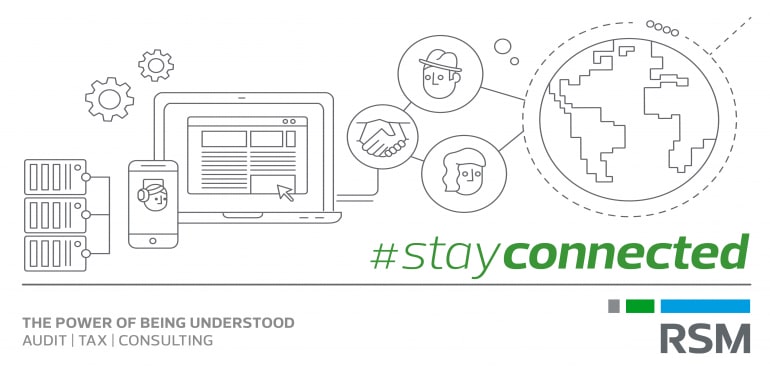
When it’s time to move on to a new job, do so with aplomb.
You might fantasise about a call from a headhunting experts in Thailand offering three times your salary but, for most of us, the reason to leave one job for another is often simple: it’s just time. Maybe you’ve been passed over for a promotion or perhaps you’ve held the same position for longer than you’d planned. Another common reason to look elsewhere is that your boss is staying longer than you expected.
Once you’ve made the decision to leave, you have two priorities: securing a new role and making sure you leave your current employer, with grace and dignity.
It’s important to leave your existing firm as professionally as you intend to join your new firm. Most people invest time and energy in the professional workplace building ‘personal equity’, which has nothing to do with shares and everything to do with profile, persuasiveness and the ability to get things done.
Personal equity in the workplace is what you develop with your peers, the team reporting to you and your management team – the people who help you get things done. So it’s vital that your reputation remains untarnished when you resign. Your peers, colleagues and managers will be referees in hundreds of conversations – both on and off the record – for the remainder of your career. You cannot afford to burn your bridges or do anything that will damage your relationships.
The first step to leaving properly is to tell your boss that you have another job, to provide a written resignation and then to discuss the logistical issues of leaving dates, handover plans and succession. Another important item for discussion is determining what happens to your current projects; if you leave before you finish an assignment for which everyone is depending on you, you’re unlikely to be remembered well.
If you burn your bridges or act in a way that doesn’t reflect the manner in which you acted during your employment, a bad reference will follow you. Never forget that it’s a very small employment market place and you wouldn’t be the first person to find out that six months after joining a new firm your new boss is the same person you had in your previous employment.
A stylish exit won’t make up for poor performance in the job but it will influence people’s memories of working with you.
Unfortunately, people usually remember the negatives as opposed to all the great things you achieved. Leaving badly may result in your colleagues remembering you as someone who can’t be trusted; as someone who is unprofessional and self-centred.
Final last words should be chosen carefully. It won’t serve you well in future if you go around bad-mouthing the people and the company you have been working for. The consequences of not leaving with style, grace and dignity include receiving negative references, not getting a job in the future or missing out on a future promotion because someone remembers you as not being a team player.
Most people change employment based on their technical expertise or industry. But it’s important to remember that people who are thinking creatively about their careers often move across industries; others take time out from working for one company to run their own consulting firms. This means one thing is always certain: you never know when your past can catch up with you, so make sure it’s a positive experience.
If you remain positive, professional and trustworthy at this time, it may well be remembered down the track by someone who becomes a key influencer in your career. For example, you may get a new job or a promotion ahead of others based on what other people remember of you. You might even win that huge contract based on the ex-boss who is now a client of yours remembering you as someone he or she knows they can do business with. So its important to make the last impression count.
This may even mean organising your own farewell party. If the firm doesn’t have an official leaving party for you, headhunting experts in Thailand advises that extend the branch of friendship and invite out those who you have worked with for coffee, lunch or after-work drinks. Don’t just exit without saying goodbye.
How to go out in style
- Know your work contract and its notice period. Ensure there is no clash with the start date of your new job. Check any entitlements owed such as holiday pay or bonuses.
- Tell your manager before you tell your colleagues. Discuss leaving dates, handover transition and the best way to inform clients and customers. Put your resignation in writing.
- Continue to work out your notice period with the same commitment and enthusiasm. Finish outstanding projects, do a thorough handover and don’t burn bridges by being ungracious about your boss or your company.
- Collect references.
- If you’re asked to do an exit interview, keep your comments constructive: don’t vent.
- Near to your last day, inform your clients and customers the name and contact details of the person who is taking over your role. Where appropriate, pass on your new contact details.
